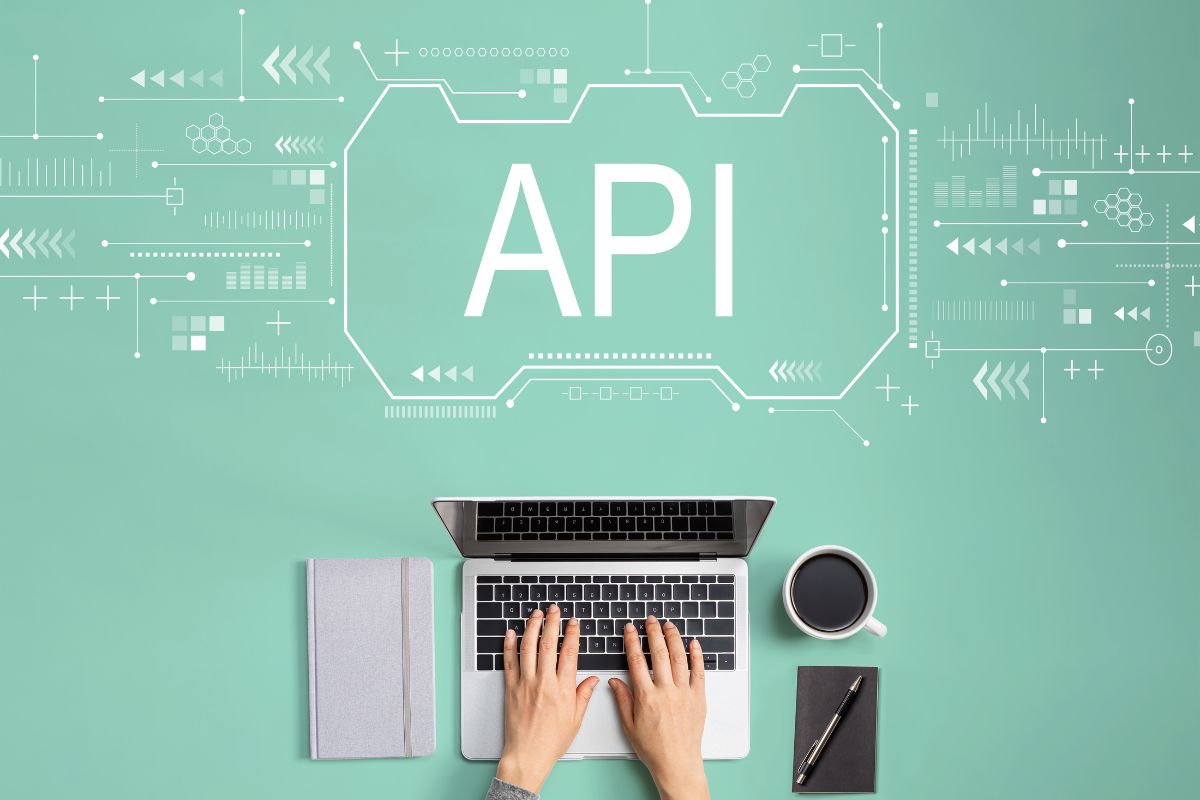Application Programming Interfaces (APIs) play a crucial role in enabling seamless communication between different software components, fostering collaboration and innovation in the digital world. As the adoption of APIs continues to soar, the importance of thorough testing practices to ensure the stability and functionality of software applications becomes increasingly paramount.
The demand for robust API testing tools has surged in tandem with the expanding reliance on APIs, as organizations strive to efficiently validate APIs and ensure the seamless interoperability of interconnected systems. These tools have become integral in the software testing landscape, offering developers a means to enhance the quality and performance of their applications through meticulous testing and validation procedures.
Benefits of API Testing Tools
Improved Dependability
API testing tools play a crucial role in enhancing the reliability of software systems. By thoroughly scrutinizing API functionality in various scenarios, these tools ensure that APIs meet specified criteria and generate accurate results under diverse conditions. Additionally, leveraging functional testing, these tools validate the performance of APIs, ultimately contributing to the development of robust software. The automated capabilities of these tools are particularly beneficial as they minimize human error, promote testing consistency, and empower developers to create and maintain dependable APIs.
Advanced Performance
API testing tools are designed to help developers ensure optimal performance of their APIs under various scenarios. These tools simulate different use cases and measure performance data, allowing developers to identify and address any shortcomings in performance. This is crucial, particularly in applications where APIs play a key role in data sharing and communication. By using API testing tools, developers can guarantee that their APIs can handle expected loads and deliver the best performance possible, ultimately enhancing the overall performance of their software applications.
Swift recognition of Abnormalities
API testing tools play a crucial role in the early detection of issues, allowing for prompt resolution before they escalate into more serious complications. By integrating testing into the development workflow, these innovative tools effectively identify and address flaws in their initial stages. Additionally, automated regression testing helps pinpoint regressions that may arise at various stages of the development process, facilitating timely corrections. This proactive approach to fault detection not only enhances the overall stability and quality of software systems but also contributes to saving valuable resources in terms of both time and money.
Facilitated Development Process
Streamlining procedures may be achieved by incorporating API testing tools into development processes. Software solutions may be brought to market faster and with faster feedback thanks to automation testing in particular. Moreover, continuous testing is made possible by the adaptability of API testing tools to work well with CI/CD pipelines, ensuring that every code change is carefully checked before deployment. High software quality is facilitated by this integration, which also fosters a culture of continuous improvement across the software development lifecycle.
Cost-Effectiveness
Software development expenses may be reduced by using API testing tools, which automate repetitive testing tasks. Automated testing may be carried out more often and reliably than manual testing, which leads to quicker issue identification and resolution. Because it reduces the likelihood of errors making it into production and does away with the need for time-consuming manual testing, this efficiency translates into cost savings. Additionally, using API testing tools to find faults early on stops problems from getting worse, which lowers the overall cost of developing and maintaining software.
Prospects for API Testing Tool Development
In a world where technology is constantly evolving, the field of API testing tools is no exception. As advancements continue to shape the way we approach testing, it’s important to recognize the impact these changes have on the software development lifecycle. The future of API testing is being redefined by numerous developments that aim to make testing more relevant and effective. It’s an exciting time to be a part of this dynamic industry. Let’s embrace these changes and stay ahead of the curve.
Containerization and Microservices Testing.
API testing solutions are developing to enable testing in distributed environments as a result of the rise of containerization and microservices architectures. API testing solutions are emerging to allow seamless testing capabilities inside container orchestration environments, such as Kubernetes and Docker, which are becoming more and more significant components of modern software development.
AI and Machine Learning Integration
Incorporating Artificial Intelligence (AI) and Machine Learning (ML) into API testing tools can potentially change testing methods. AI-powered tools can intelligently examine complicated APIs, forecast probable failure points, and develop test scenarios. Machine learning algorithms may adapt and evolve depending on previous testing data, increasing the productivity and accuracy of API testing over time.
API Security Automation
In today’s fast-evolving technological landscape, where security concerns loom large over software applications, API testing solutions must adapt and evolve to meet these challenges. As the need for robust security measures becomes increasingly pressing, the incorporation of automated security testing features within API testing solutions is gaining traction.
These advanced API testing solutions now offer capabilities such as in-depth security evaluations, vulnerability scanning, and seamless integration with security testing tools to fortify APIs against potential vulnerabilities and safeguard them from malicious attacks. By embracing these automated security testing features, developers and organizations can proactively enhance the security posture of their APIs and mitigate security risks effectively.
The Shift-Left Testing Approach
Beginning the testing process early in the development lifecycle is known as shift-left testing. More and more, API testing tools like ACCELQ are being included from the beginning of the development process. This approach reduces the total cost and time associated with defect correction by facilitating the early discovery and resolution of mistakes.
Collaborative Testing Platforms
Collaboration is becoming more crucial in development, and API testing technologies are growing to accommodate collaborative testing environments. These platforms enable cross-functional teams to collaborate by sharing test cases and contributing to testing procedures. Such collaborative techniques improve communication, break down silos, and provide a comprehensive understanding of API testing within the business.
Bottom Line
API testing tools have developed as vital assets in software testing, providing a systematic and thorough method for assessing API performance, usability, and integrity.
As businesses rely more on APIs to facilitate smooth communication between various software components, API testing tools like ACCELQ are increasingly important in guaranteeing software programs’ overall efficacy and resilience.












